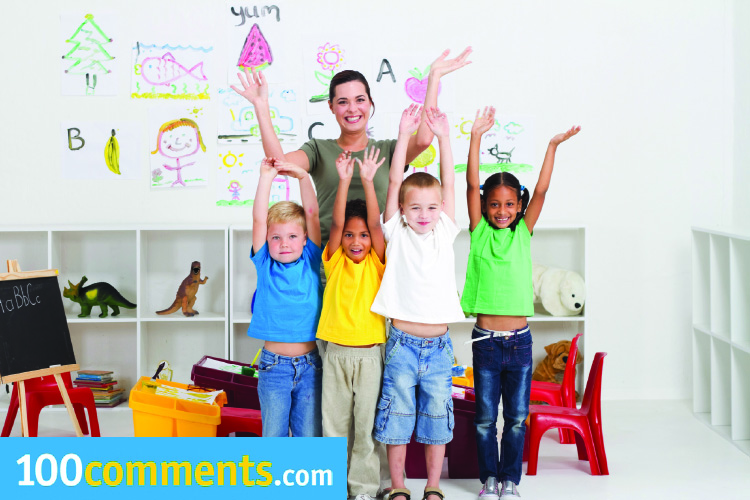Table of Contents
How do you find the best preschool to suit your child’s needs?
Read on as we decipher the main factors that will help you choose the ideal learning environment for your growing child.
Know your child’s needs
Not all kids take to structured activities and lessons. Some children fare better in a less structured classroom-learning environment. You can gauge a lot by letting your child spend at least half a day at a preschool before you enroll the little one in there. If your child does not seem to be enjoying his or her lessons, consider instead a preschool which adopts a different approach in teaching method.
Preschool teachers
A preschool teacher must not only be kind, loving and patient to the little children, but to their parents as well. They should exude similar philosophies in raising children as one would do their own. The fastest and easiest way of ensuring that your child is happy under the care of their teacher is by simply observing their interactions and the child’s demeanour when around his or her teacher, or when you speak of the teacher.
Generally, children tend to do better when they are offered longer individual attention. Hence, a lower teacher-child ratio in the classroom would be preferred. This is especially important if your child is shy or introverted for such kids would require more one-to-one encouragement to engage with other peers.
The capability of a teacher can also be measured by the length of time that he or she has been teaching at a particular school. Seasoned, contented teachers would be better first-time educators for your child.
Balancing lessons and playtime
Getting your child formally acquainted with books and learning paraphernalia is of course, wonderful, but playtime is just as important! Preschools in general should provide adequate playtime to encourage self-discovery and socializing in the playground.
An ideal preschool centre should include toys that allow for sensory-type activities. Such items like a sandboy, water table and moulding material such as safe plastiscines should be made available. Energetic little ones will also appreciate beanbags and cushions to dive into. As a parent, you can easily gauge if a preschool has adequate play options that will fit your child’s needs.
Playground structure
A preschool playground should be well-maintained with no safety issues. A large play area is preferred as it lets your child run free and helps to release any pent-up energy. Other outdoor play items such as sandboxes, tube slides, small swings, monkey bars, sponge bats and plenty of balls are also signs of a wholesome play area for your child to play with would-be peers.
Circle Time and Centre Time
Circle Time focuses on helping your child gain a sense of place in the community. This is when kids learn to discuss about issues that are important to them, from what they did during the holidays to their favorite hobbies. Circle Time is important as it provides an outlet for children to express their true feelings and thoughts without any worries.
Centre Time is structured around helping your child focus on a certain activity at a fixed location, such as during story-telling, building blocks and playing music. It is just as important as it helps build the motor developments, discipline and improve a child’s concentration.
Music, Art and Acting Classes
It does not matter if a child is musically inclined or not, children in general will reap great benefits from music classes as it helps in their cognitive and physical development. Besides learning about instruments, a music class also encourages children to express themselves through song and dance, effectively cheering up their moods and boosting self confidence. Research has also shown that preschoolers who have attended music or art class show an improvement in literacy and narrative skills as well.
A good preschool should be able to satisfy children’s desire to be just like their elders through make-believe play-acting. Besides organizing on-stage performances, some good preschool also use play-acting to incorporate mathematical learning and reasoning skills during playtime (e.g. selling or buying food from a vendor at the market staged square).
Parent’s visits and meetings
Preschools should have no issues in granting parents’ permission to periodically visit and observe their child during a regular preschool day. Most professional preschool centres also offer a one-to-one meeting with the parents now and then to discuss the developments and any other issues that involve their child.
















